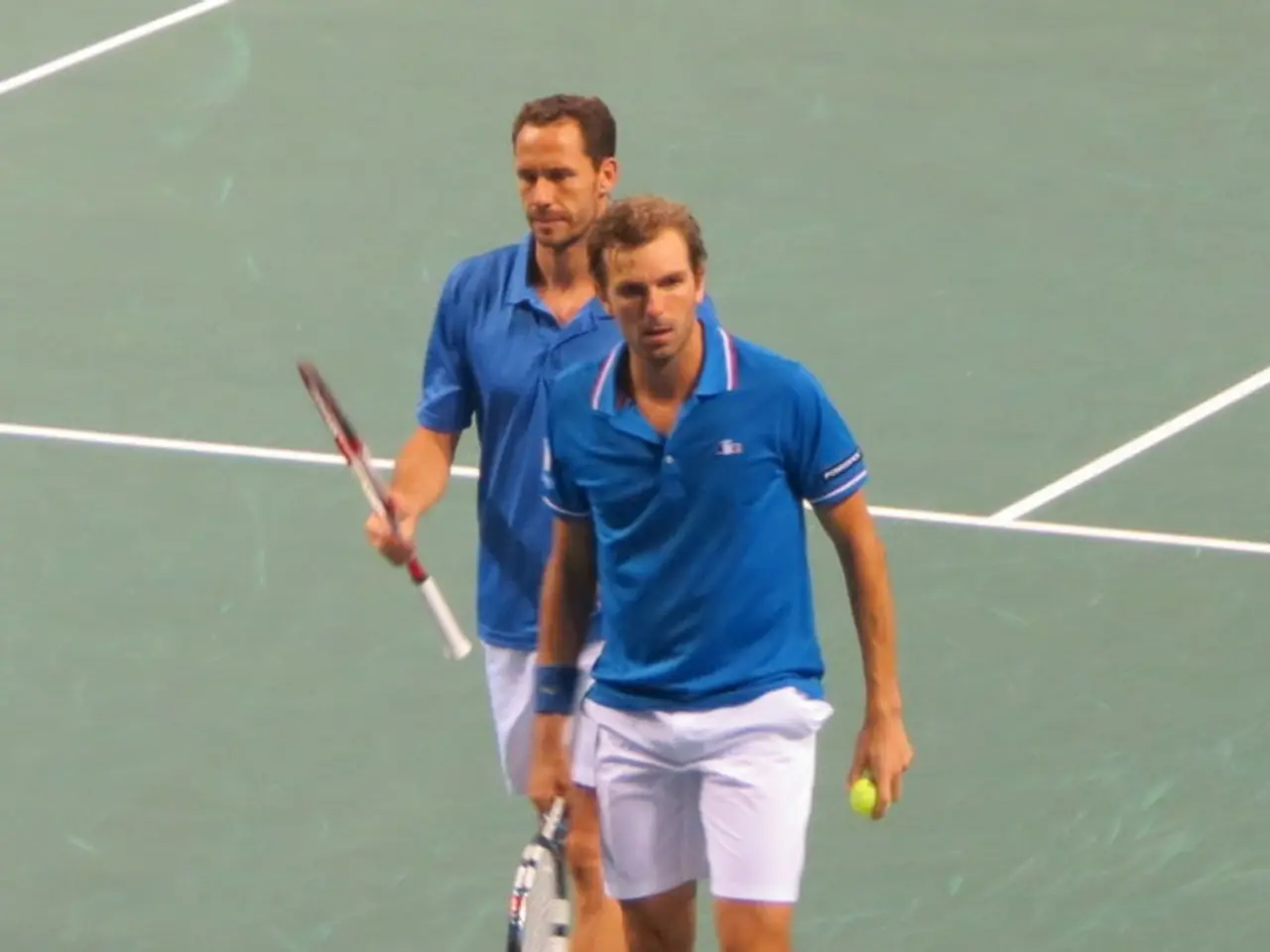"Landmark Decision Announced": European Union's High Court Weighs In on Contested Matter
The European Court of Justice (ECJ) has made a landmark ruling that fundamentally changes the legal status of decisions made by the Court of Arbitration for Sport (CAS) within the European Union. The ruling allows EU national courts to review the compatibility of CAS arbitration awards with EU public policy and competition law, offering athletes, clubs, and other stakeholders the opportunity to challenge CAS decisions in domestic courts.
Previously, CAS rulings were considered final and binding, with no in-depth review possible. However, the ECJ found that arbitration mechanisms like CAS, when unilaterally imposed by international sports bodies (such as FIFA), must respect the EU’s judicial framework and public policy requirements. This means that national courts in EU member states must be able to carry out effective and deep scrutiny of CAS awards to confirm they align with fundamental EU laws, including competition rules and the right to an effective judicial remedy.
This ruling is significant for athletes and clubs, as it enhances their legal protection and access to justice. They can now challenge CAS decisions in domestic courts on grounds of EU public policy violations, including breaches of competition law or fundamental rights. This limits CAS’s traditional position as the ultimate adjudicator in sports disputes, making its decisions contestable within the EU legal order.
The ruling also has implications for international sports governance. It raises the need for sports arbitration processes to align with EU law and potentially modifies how sports disputes, particularly those involving economic activity within the EU, are resolved. The ruling preserves the legitimacy of sports arbitration as a mechanism for uniform dispute resolution but clearly states that such arbitration cannot exclude effective judicial oversight consistent with EU law.
One of the cases that led to this ruling involved the Belgian football club RFC Seraing, which has been challenging the third-party ownership ban imposed by FIFA for over ten years. RFC Seraing questioned the independence of the CAS, as it is funded by international associations, and took the case to the Belgian courts. The case ended up at the CAS, which ruled in favor of FIFA. The Swiss Federal Supreme Court also had no objections. However, with the ECJ ruling, the dispute can now continue in Belgian courts, potentially offering new chances for a favorable outcome for RFC Seraing.
In conclusion, the ECJ ruling has significant implications for the CAS, which has so far had the final say in international sports justice. It limits the absolute binding nature of CAS awards within the EU, enhances the protections for athletes and clubs to challenge decisions that conflict with EU law, especially competition law, and requires sports arbitration to be conducted in harmony with EU judicial principles. This will impact the governance of international sports justice within the EU legal space.
[1] https://www.ecj.europa.eu/juris/document/document.jsf?text=&docid=220457&pageIndex=0&doclang=EN&mode=lst&dir=&occ=first&part=1&cid=123347 [2] https://www.ecj.europa.eu/juris/document/document.jsf?text=&docid=220457&pageIndex=0&doclang=EN&mode=lst&dir=&occ=first&part=1&cid=123348 [3] https://www.ecj.europa.eu/juris/document/document.jsf?text=&docid=220457&pageIndex=0&doclang=EN&mode=lst&dir=&occ=first&part=1&cid=123349 [4] https://www.ecj.europa.eu/juris/document/document.jsf?text=&docid=220457&pageIndex=0&doclang=EN&mode=lst&dir=&occ=first&part=1&cid=123350
- The ECJ ruling opens a path for European football clubs like RFC Seraing to question the decisions made by the Court of Arbitration for Sport (CAS) in domestic courts, particularly in cases where CAS awards violate EU public policy, such as breaches of competition law or fundamental rights.
- With the ECJ ruling, the traditional position of the CAS as the ultimate adjudicator in sports disputes is being challenged, as athletes, clubs, and other stakeholders now have the opportunity to contest CAS decisions within the EU legal order, ensuring that sports arbitration aligns with EU judicial principles.







